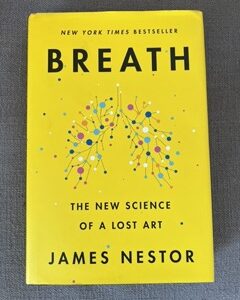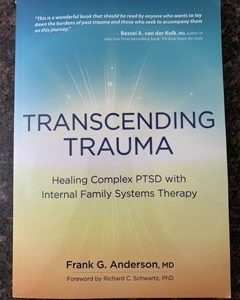How do people emotionally manage crisis in their life, major life changes or situations that arise in everyday life? Despite having very similar backgrounds, Davidson & Begley found that people respond very differently to the same life experience. How emotionally resilient you are? Take the TEST.
“The answer that has emerged from my research is that these differences reflect what I call Emotional Style-a constellation of reactions and coping responses that differ in kind, intensity, and duration. Just as each person has a unique fingerprint and a unique face, each of us has a unique emotional profile” (p. 48 – Source: Tired of Feeling Bad? The New Science of Feelings Can Help)
So how do you change your Emotional Style when you find how you respond to certain life events is not helpful, appropriate in the moment and needing some modification? Luckily, scientists found that you can do something to alter the way you respond through psychotherapy and other modalities.
“When it comes to your Emotional Style, we know that changes to the neural structure of brain are possible. We don’t know exactly how much plasticity the brain has, but we do know that some neurally inspired interventions-forms of mental training that target patters of brain activity- can work. Mental activity, ranging from meditation to cognitive-behavioral therapy, can help you develop a broader awareness of social signals, a deeper sensitivity to your own feelings and bodily sensations, a more consistently positive outlook, and a greater capacity for Resilience” (p. 51 – Source: Tired of Feeling Bad? The New Science of Feelings Can Help)
Mindfulness meditation is an effective tool to change your Emotional Style. By increasing or decreasing the activity in certain parts of your brain, this can change the way that you respond.
Source: Tired of Feeling Bad? The New Science of Feelings Can Help






